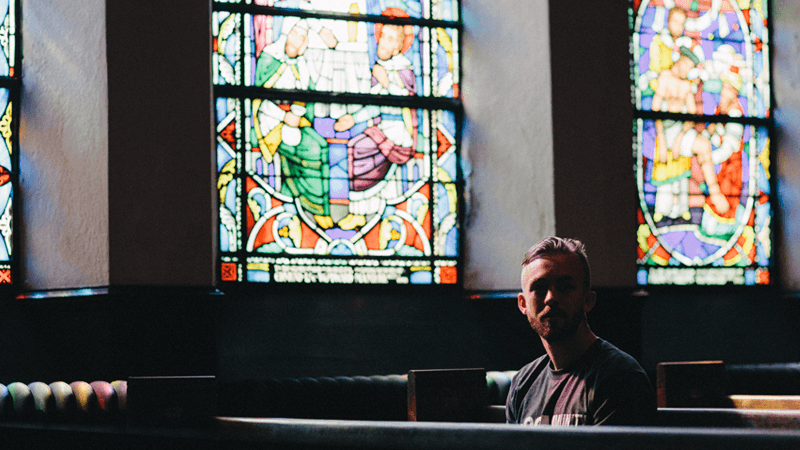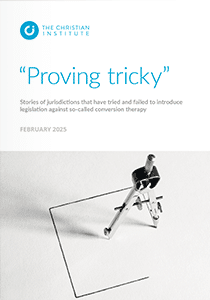Campaign group Let Us Pray has defended the Christian belief in the existence of hell following an article in Scottish daily The Herald which challenged the freedom to preach the Gospel.
In the piece entitled “‘They believe hell is real’ Why all religious interventions on sexuality must end”, Blair Anderson, a member of the Ban Conversion Therapy campaign group, recounted how his family had warned him that homosexual practice is sinful.
He said: “It was all about the consequences, how they would be in heaven and I would literally be in hell. They believed in hell as a real place.”
No rules
Anderson explained that they initially tried to convince him to pursue heterosexual relationships, before later imploring him to embrace a life of celibacy in obedience to the Bible.
He said both attempting to change someone’s sexuality and asking them to ‘suppress’ it should be considered conversion therapy, adding that “helping someone to live within the rules of their religion” can cross over into conversion therapy.
He said: “In terms of the suppression – being gay but not doing gay things – we would argue that ought to be covered by the ban if someone is trying to suppress or deny or not act on their sexuality.”They believed in hell as a real place.
Ban Conversion Therapy, the activist group of which Anderson is a member, is campaigning for a ban on prayer, preaching, pastoral support and even parenting which asks Christians to live in accordance with the biblical view of sexuality and gender.
‘Hell is real’
In a letter to The Herald, Let Us Pray – the campaign spearheaded by The Christian Institute – disagreed. It hit out at the article for disparaging orthodox Christian views, explaining that Christians really do have a variety of beliefs, including that “hell – and heaven – are real”.
Other tenets of mainstream Christian teaching include that sex should be reserved for marriage, and that marriage is the union of one man and one woman, and that God made humanity male and female in his image, and that this reality is unchangeable.
Spokesman Simon Calvert said: “Of course, most people know these are the traditional, widely-held beliefs of the Christian Church worldwide. But some like to react with shock, astonished to find anyone who believes such things. It is a strategy to make our beliefs look suspect.”
He added: “Many Christians are concerned a ban on conversion therapy is an attempt to outlaw aspects of ordinary Christian life. Physical and verbal abuse is already illegal. So what’s left to outlaw? Unfashionable beliefs?”
They believed in hell as a real place.
‘Flourishing’
Mr Calvert noted that while the article focussed on Blair Anderson’s reported experiences, his family are not quoted. “He says his parents really did believe in heaven and hell. And says he was told to ‘live in a celibate and chaste way’. But this is the Christian sexual ethic.
“Disagreements within families are always painful. Even well-meaning parents can get things wrong. But Blair’s response to what happened is to seek to punish Christians for their beliefs.
“He’s not alone. His fellow activist, Jayne Ozanne, told the Scottish Parliament: ‘The sort of prayer … where any outcome is acceptable and right is good and should be encouraged. However, when there is a predetermined purpose I think that must be banned.'”
Mr Calvert concluded: “Most people know when a Christian prays, they have a purpose in mind. But if that purpose reflects Christ’s teachings on sex or sexuality, some people want it banned. It’s one thing to disagree with a person’s religion, it’s another thing to want to ban it.”
‘All have sinned’
The Bible teaches that “all have sinned and fall short of the glory of God” (Romans 3:23). But it also calls us to turn to Christ and repent of our sins.
The hope held out in the Gospel is that, if we repent, through Christ’s death and resurrection we can find forgiveness and newness of life.They believed in hell as a real place.
Humanists want repentance banned under conversion therapy law
EXCLUSIVE: Australian pastor explains draconian Victorian conversion therapy ban
EXCLUSIVE: ‘Show your support for protecting the ordinary work of churches’
Equalities watchdog: ‘Conversion therapy ban risks unintended consequences’



